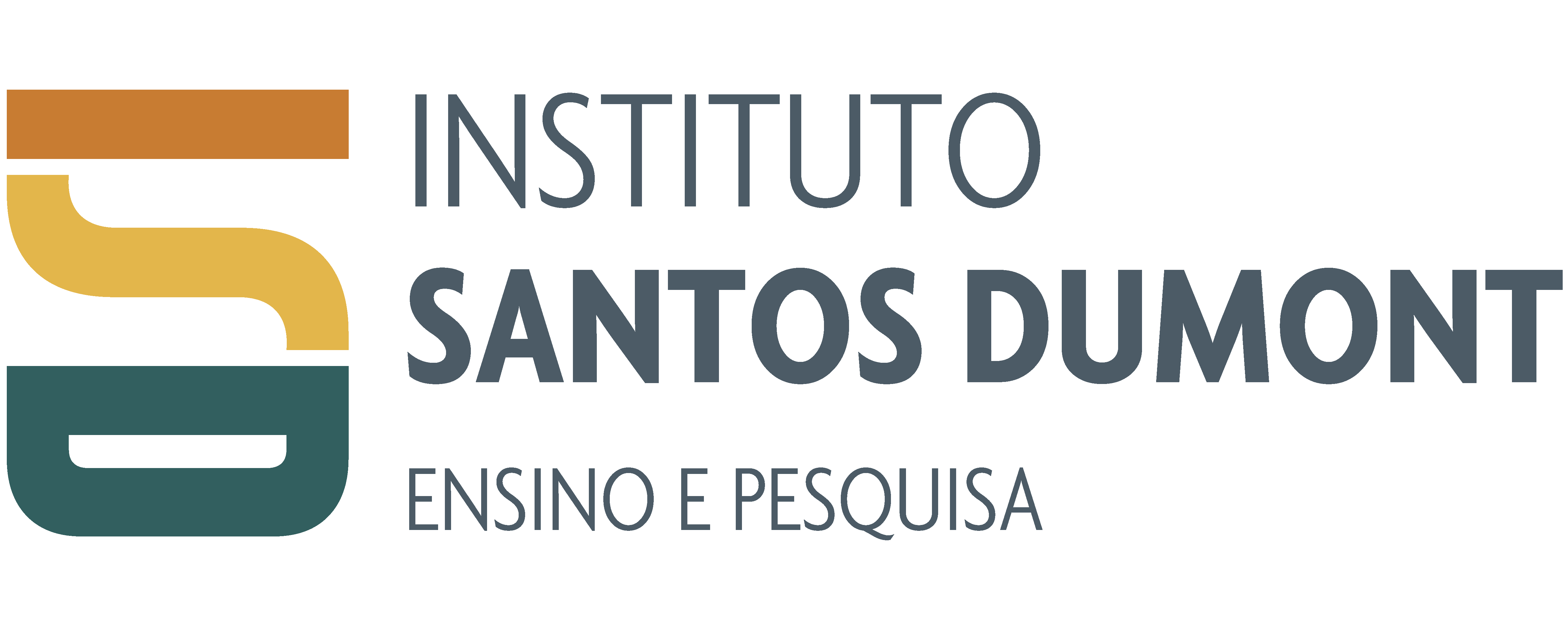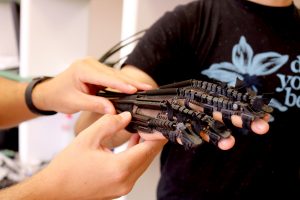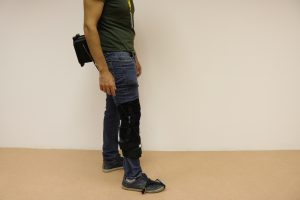Ideated by the neuroscientist Miguel Nicolelis, the Santos Dumont Institute (Instituto Santos Dumont – ISD) seeks inspiration in the iconic and innovative figure of Santos Dumont, father of aviation and one of the greatest Brazilian scientists of all times. The Institute is located in the city of Macaíba, in the Northeast region of Brazil. The Northeast of Brazil was intentionally chosen for ISD acting to foster human, social and financial development of the region. The Institution considers social responsibility and innovation as motors for all actions of teaching, research, and extension developed in areas of Education, Neurosciences, Neuroengineering, Maternal, and Child Health as well as in Rehabilitation.
The Brazilian presidential decree of February 27, 2014, qualified ISD as a Social Organization. This unique kind of partnership between the public and private sectors enables the Government to fund a non-profit organization to perform services with public interest. Currently, ISD develops its activities through a management contract signed with the Brazilian Ministry of Education (MEC).
The ISD fulfills its Mission through projects and activities in the Edmond and Lily Safra International Institute of Neurosciences, which develops innovative scientific research in two main lines: Brain-Machine Interface and Neuromodulation. Since 2013, it offers the first Master’s Degree in Neuroengineering approved by the Brazilian Government / CAPES. The other unit is the Anita Garibaldi Center for Education and Research in Health, which dedicates its efforts to the training, development, and continuing education of health professionals. It integrates the Brazilian National Health System (SUS) as a reference service for multidisciplinary attention to maternal and child health, as well as rehabilitation in the state of Rio Grande do Norte.
To give wings to such a challenging and rewarding project, ISD has established a crucial partnership with the Federal University of Rio Grande do Norte/UFRN (as Portuguese abbreviation) to join efforts in several projects. The Institute has also partnered with other institutions in Brazil as well as in other countries like the USA, Scotland, Japan, France, Mexico, Portugal, Sweden, and Switzerland.



HERO
Affordable hand exoskeleton guided by a Brain-Machine-Interface to support post-stroke rehabilitation

Exosuit – Gait wearable exoskeleton
Assistive exoskeleton helping stroke patients recover their mobility and independence